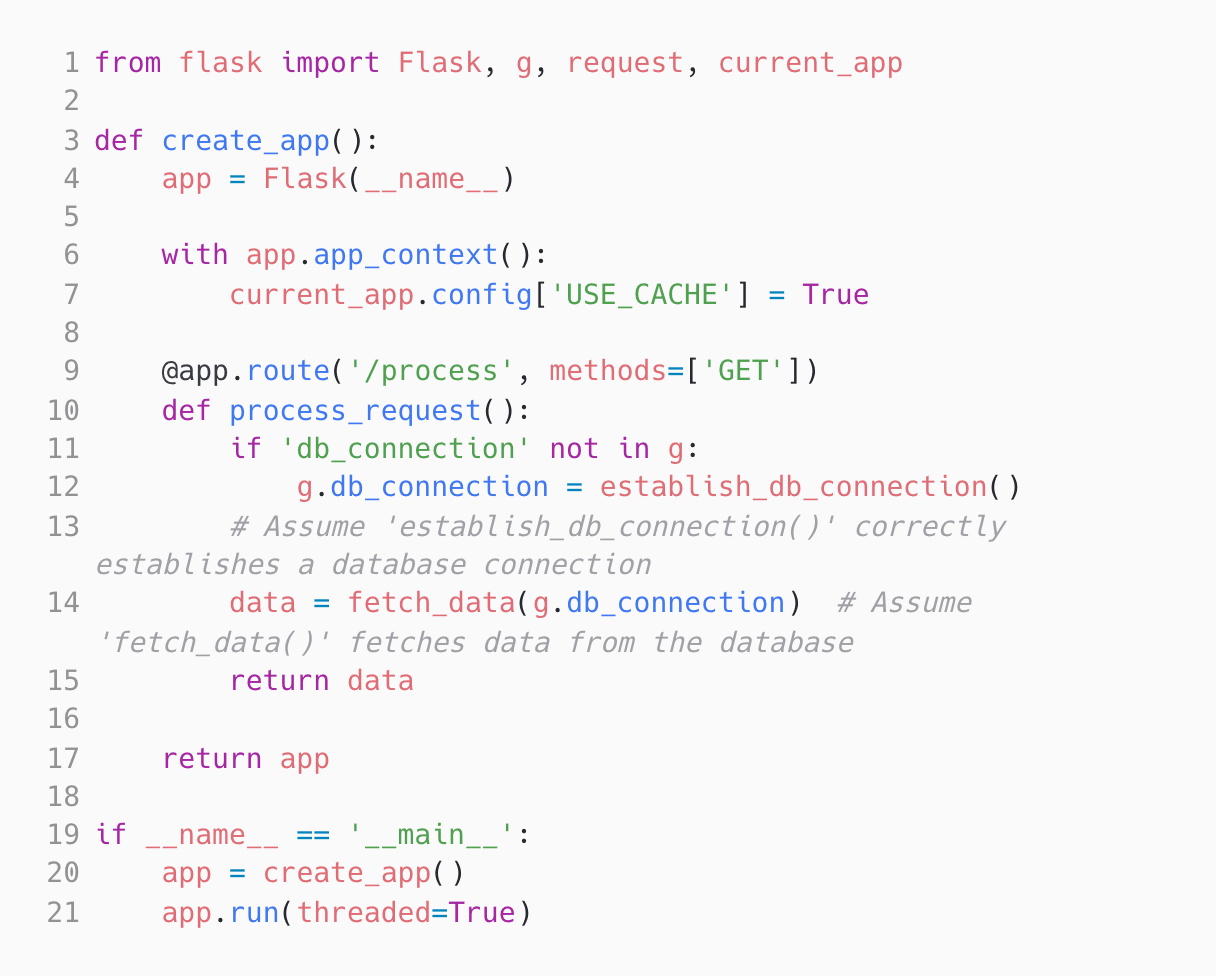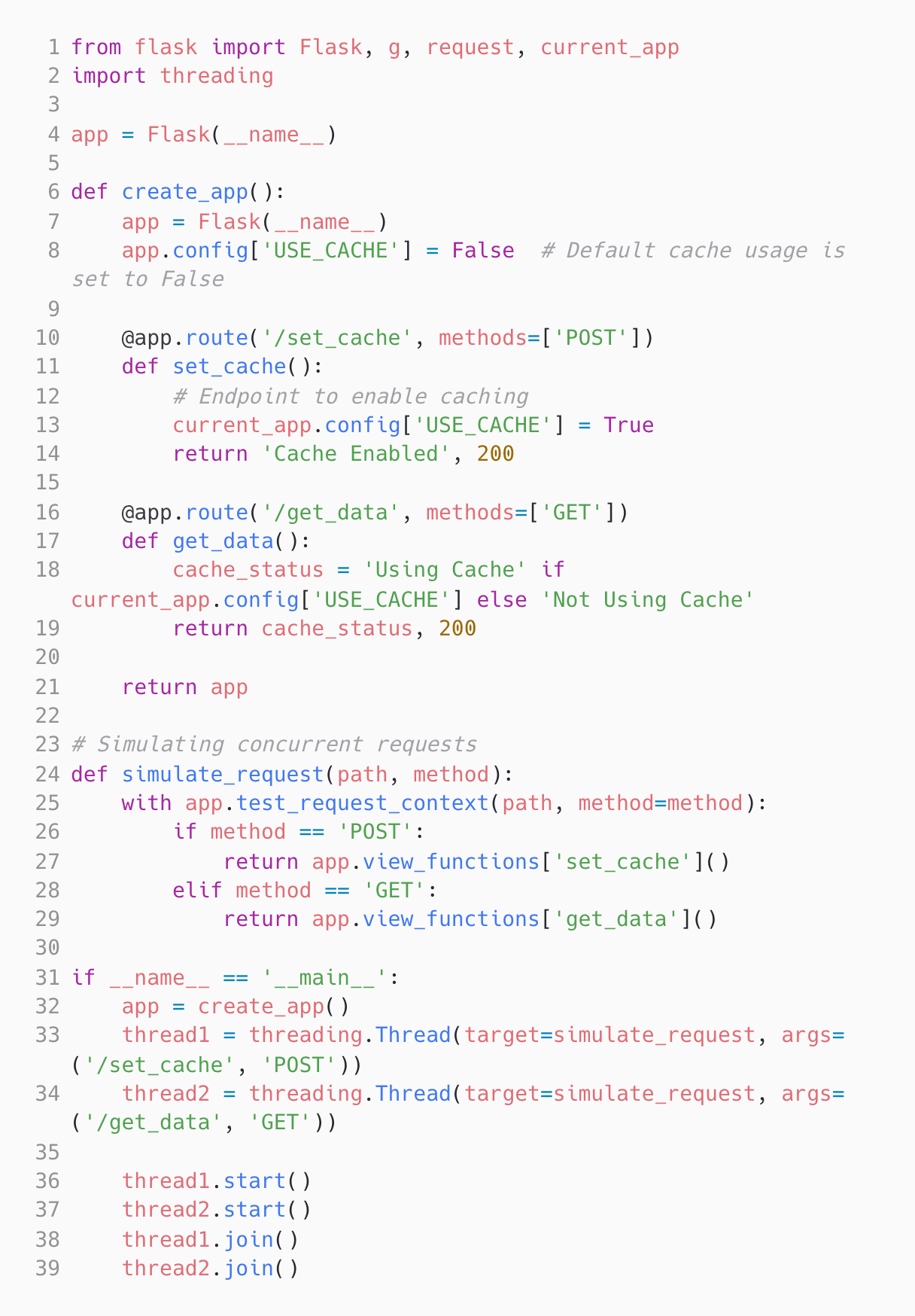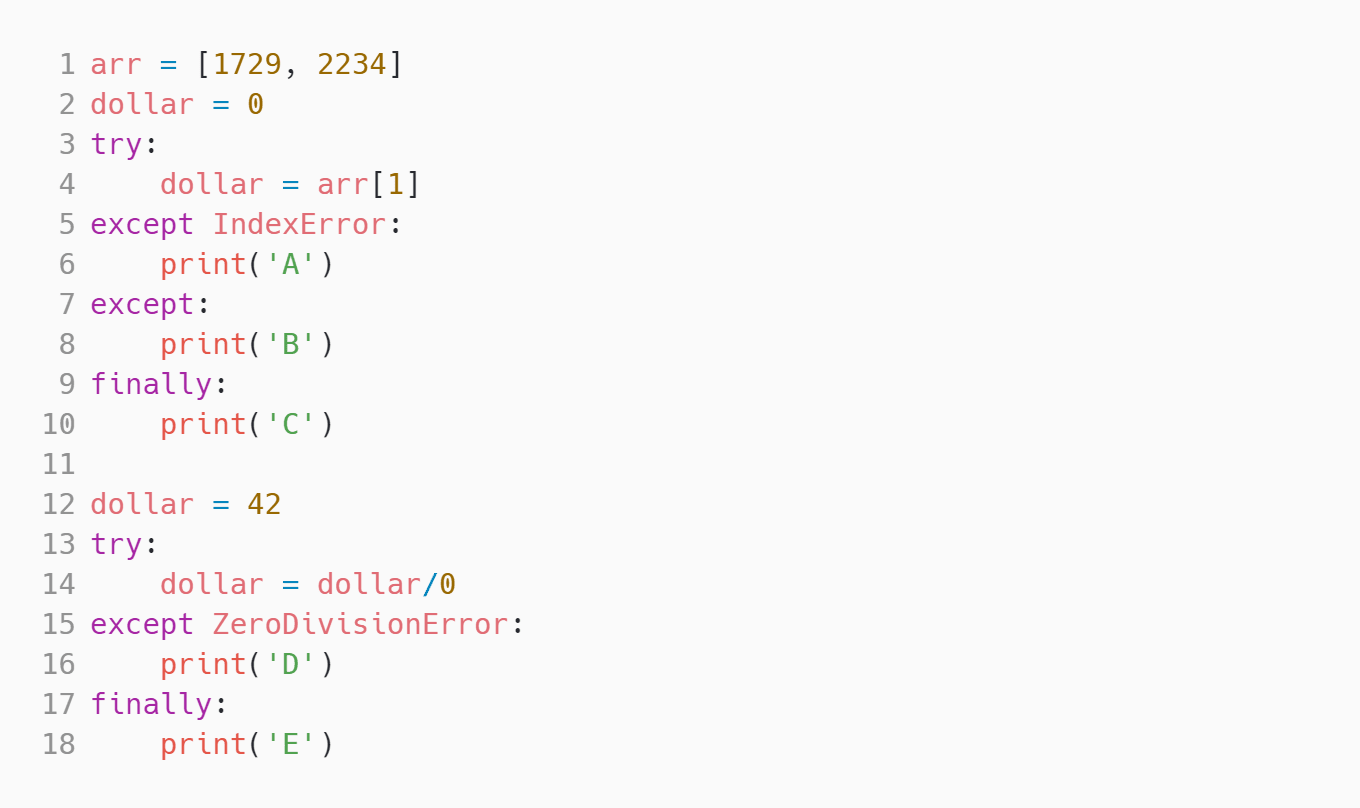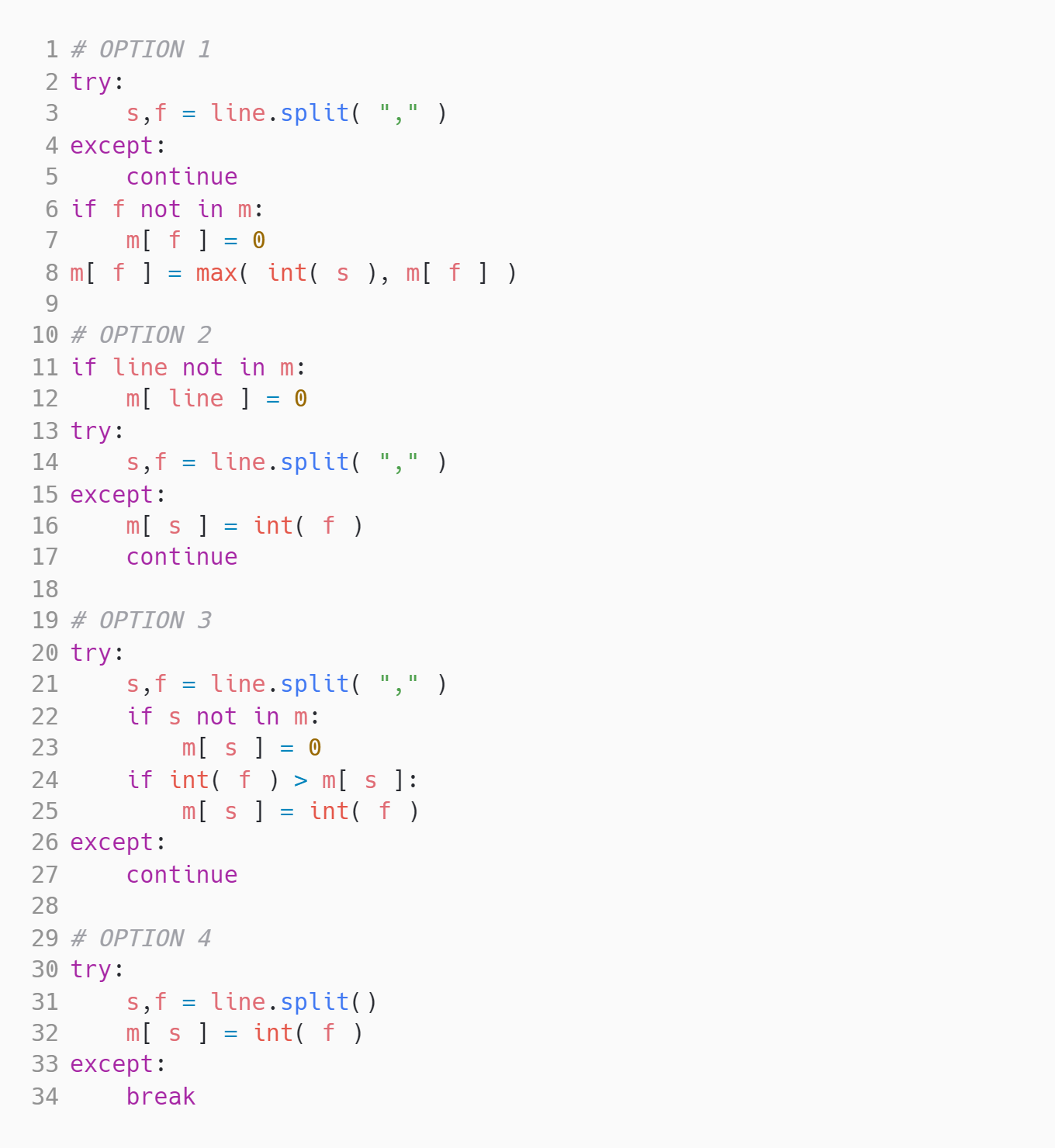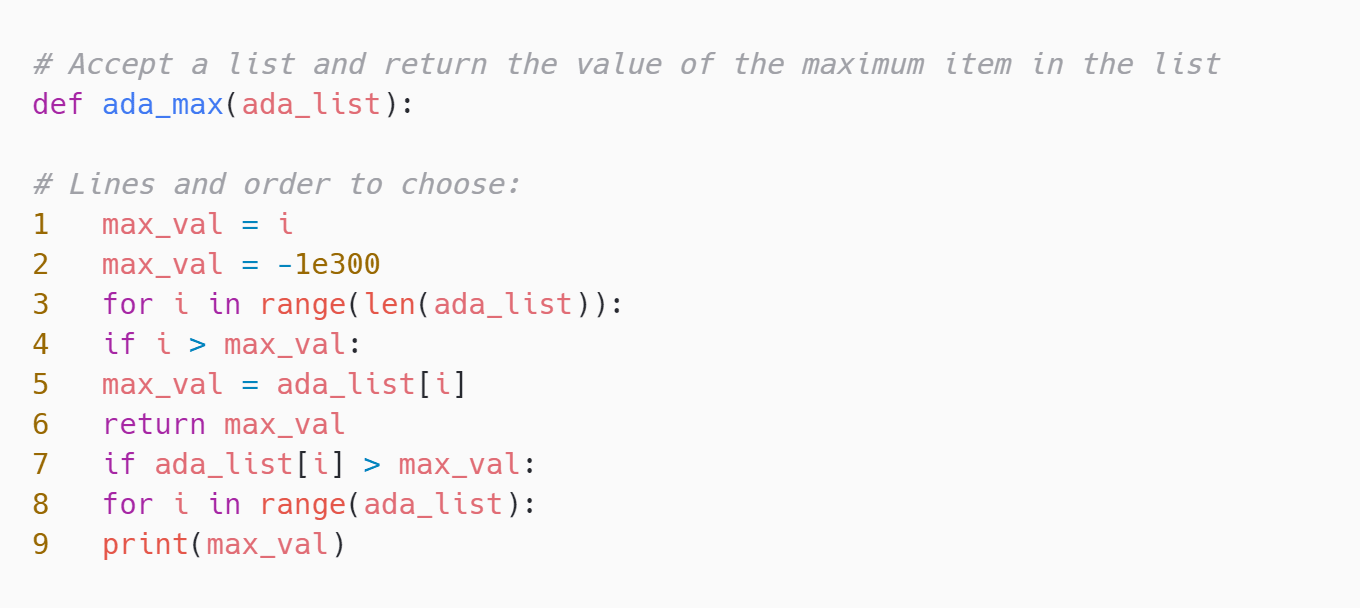Flask Web Framework: Flask is a micro web framework written in Python that enables rapid development of web applications. Understanding Flask is crucial for building scalable and maintainable web solutions efficiently.
Flask Routes and Views: Routes determine how URLs map to functions in an application, and views handle the logic for those routes. This skill is fundamental for creating user-specific experiences in web applications.
Flask Templates: Templates in Flask use the Jinja2 templating engine to combine data with HTML, enabling the creation of dynamic web pages. Mastery of templates is essential for delivering interactive and user-friendly web interfaces.
Flask Forms: Flask Forms facilitate the handling of user input through form validation and data processing. This skill ensures robust user interaction and data collection within an application.
Flask Database Integration: Database integration in Flask involves connecting an application to various types of databases, allowing for CRUD operations and data management. It is vital for any application that needs to store and retrieve persistent data.
Flask RESTful APIs: Building RESTful APIs with Flask enables the creation of scalable and maintainable API endpoints for web services. Understanding REST principles and Flask's implementation is key to building interconnected systems.
Flask Security: Flask Security covers methods to protect web applications from common threats like SQL injection, CSRF, and XSS attacks. Implementing security measures is crucial to safeguard user data and maintain application integrity.
Flask Application Structure: A well-organized Flask application structure enhances maintainability and scalability. This skill involves arranging files and directories in a logical and efficient manner.
Python Basics: Fundamental knowledge of Python, including syntax, data types, and control structures, is essential as Flask is built on Python. Solid Python basics ensure effective use of the Flask framework.
Python Functions: Functions are reusable blocks of code that perform specific tasks in Python. Proficiency in writing and using functions is critical for reducing code redundancy and enhancing modularity.
Python Data Structures: Data structures, including lists, dictionaries, and tuples, are foundational elements for handling data in Python. Efficient use of these structures is vital for effective data manipulation within Flask applications.
Python Object-Oriented Programming: Object-Oriented Programming (OOP) in Python involves using classes and objects to model real-world scenarios. Understanding OOP is important for organizing code logically and facilitating reusable components in Flask applications.



















